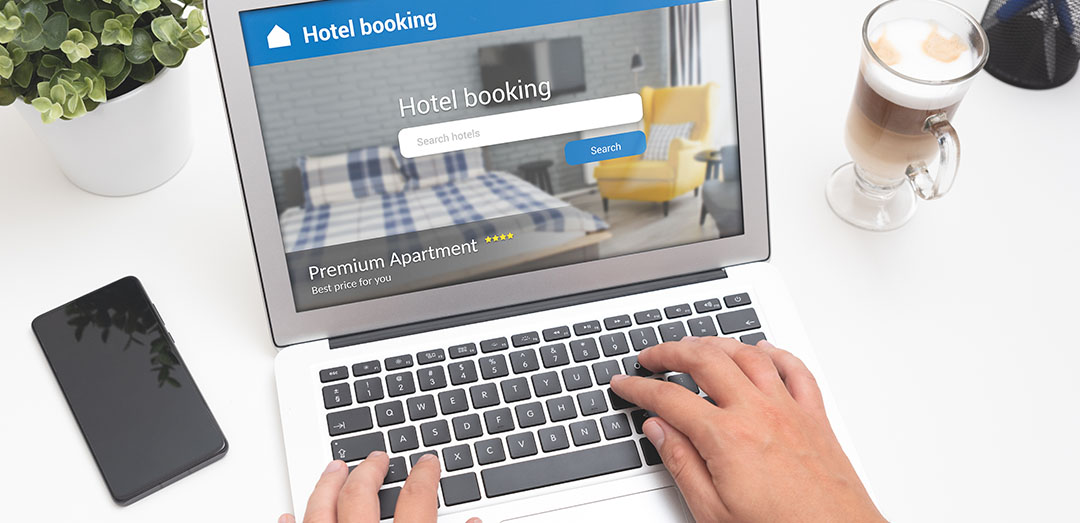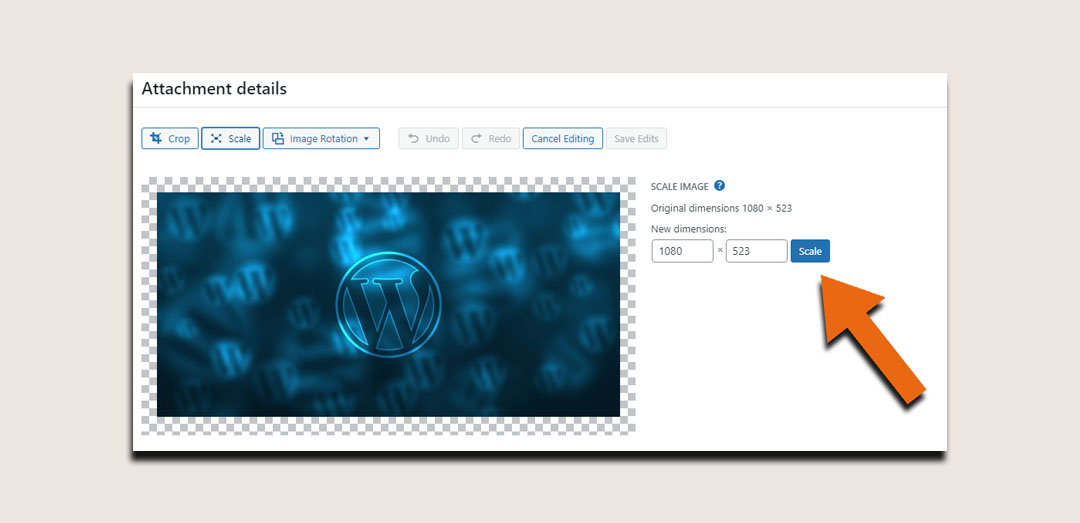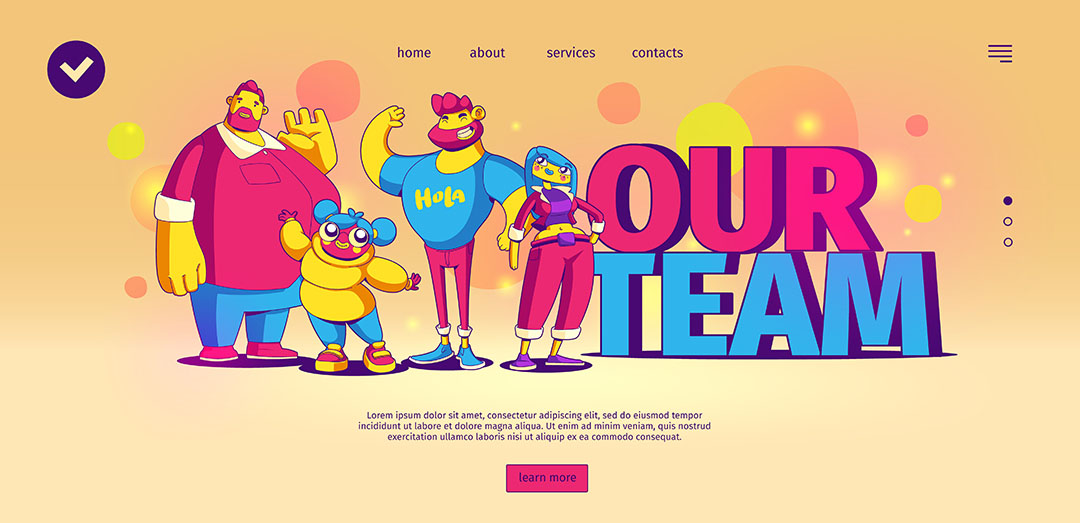In the ever-evolving landscape of the hospitality industry, managing a guest house or rental property requires a strategic online presence. One crucial decision owners face is whether to invest in a personal website, a booking website, or both. Let’s explore the advantages and considerations for each option to help you make an informed decision.
The Personal Website Advantage:
1 Brand Identity:
A personal website allows you to establish a unique brand identity, showcasing the personality and charm of your guest house or rental property. Customizable design elements enable you to create a site that aligns with your brand.
2 Direct Communication:
Having a personal website enables direct communication with potential guests. This direct line of contact can foster a sense of trust and personalized service, crucial for the hospitality sector.
3 Control Over Content:
You have complete control over the content and presentation of your property. This includes high-quality images, detailed descriptions, and any additional information you want to highlight to attract guests.
4 Avoid Commission Fees:
Without the intermediaries found on booking websites, you can avoid commission fees, allowing you to maximize profits from each reservation.
Considerations for a Personal Website:
1 Visibility:
Building traffic to your personal website may require additional effort in terms of SEO and online marketing. It may take time to establish a strong online presence.
2 Booking Functionality:
Implementing a secure and user-friendly booking system on your personal website is essential. Ensure that the reservation process is smooth and efficient to encourage direct bookings.
The Booking Website Advantage:
1 Wider Reach:
Joining popular booking platforms expands your property’s reach to a global audience. Travelers often use these sites to discover new accommodations, increasing your chances of attracting a diverse range of guests.
2 Instant Credibility:
Being listed on well-known booking websites provides instant credibility and trust for potential guests. Many travelers feel more comfortable booking through established platforms.
3 Reviews and Ratings:
Booking websites usually feature a review and rating system. Positive reviews can significantly impact your property’s reputation and attract more bookings.
4 Simplified Booking Process:
Travelers appreciate the convenience of a centralized booking system. Using a booking website streamlines the reservation process, making it easy for guests to compare options and secure their stay.
Considerations for a Booking Website:
1 Commission Fees:
While booking websites offer increased visibility, they often charge commission fees for each booking. This cost should be factored into your pricing strategy.
2 Limited Brand Control:
Your property’s page on a booking website may lack the personalized touch that a personal website can provide. Customization options may be restricted.
The Middle Ground: Having Both:
Consider the hybrid approach – maintain a personal website for brand identity and direct communication while also listing your property on booking websites for increased visibility and convenience.
In conclusion, the decision to have a personal website, a booking website, or both depends on your goals, resources, and the type of experience you want to offer. Striking a balance between the personal touch of a dedicated site and the wide reach of booking platforms can be a winning strategy for your guest house or rental property.





